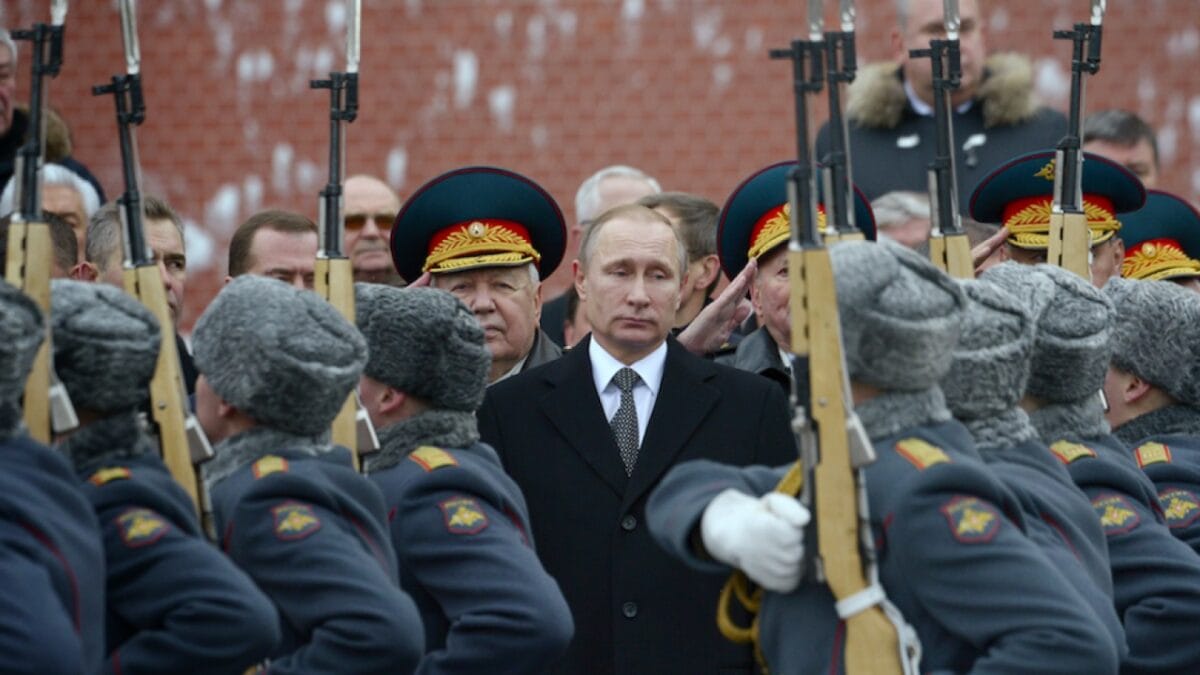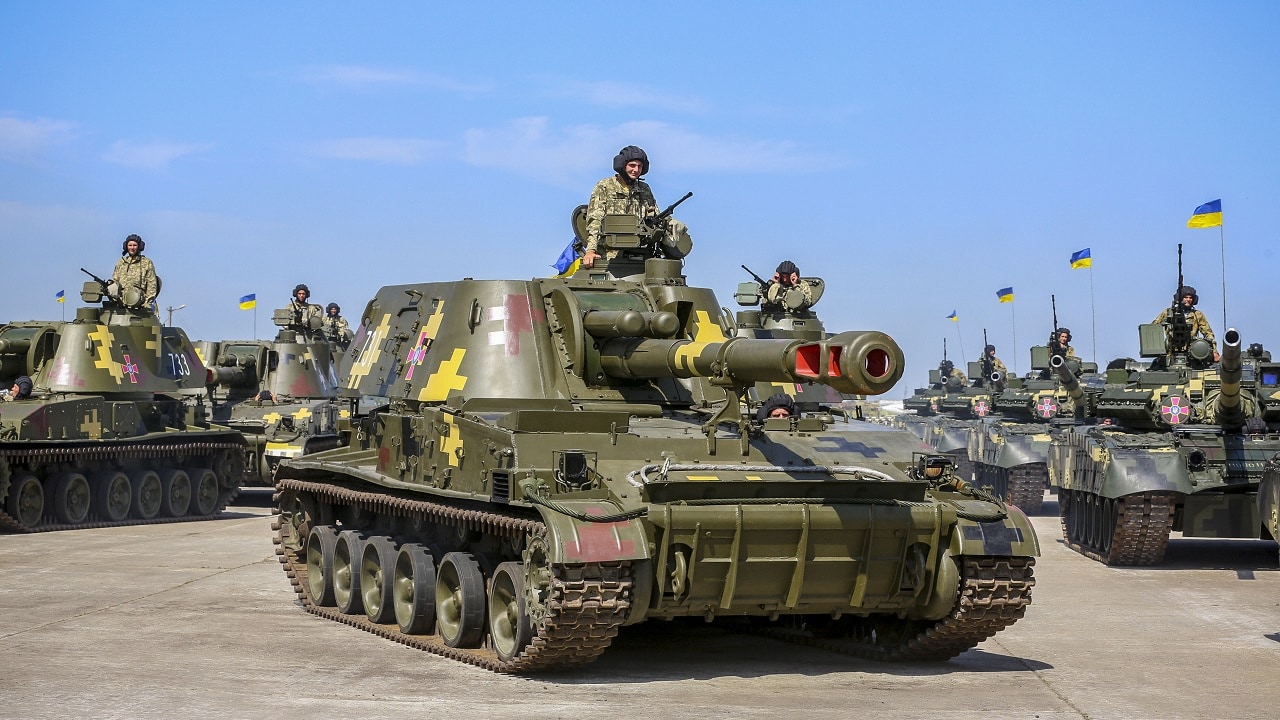On day 73 of the Russian invasion of Ukraine, the Russian military continues to look for a breakthrough in the east. Despite its renewed offensive, Moscow has failed to achieve anything significant in the Donbas.
Back and Forth
The Ukrainian military has been counterattacking, especially in the vicinity of Kharkiv, Izium, and Kherson, in an attempt to frustrate the Russian offensive and reclaim lost territory.
The Ukrainian Ministry of Defense claimed that as of Saturday, Ukrainian forces have killed approximately 25,100 Russian troops (and wounded approximately thrice that number), destroyed 199 fighter, attack, and transport jets, 155 helicopters, 1,122 tanks, 509 artillery pieces, 2,713 armored personnel carriers, 172 Multiple Launch Rocket Systems (MLRS), 11 boats and cutters, 1,934 vehicles and fuel tanks, 84 anti-aircraft batteries, 341 unmanned aerial systems, 38 special equipment platforms, such as bridging vehicles, and four mobile Iskander ballistic missile systems, and 90 cruise missiles shot down by the Ukrainian air defenses.
In its daily update of the war, the British Ministry of Defense focused on the materiel losses that the Russian military has been having and what that might mean for the long-term Russian military capability. The estimate narrowed down to the T-90M, the most advanced operational tank in the Russian military’s arsenal—the T-14 Armata hasn’t seen any fighting.
“At least one T-90M, Russia’s most advanced tank, has been destroyed in fighting. The T-90M was introduced in 2016 and includes improved armour, an upgraded gun and enhanced satellite navigation systems. Approximately 100 T-90M tanks are currently in service amongst Russia’s best equipped units, including those fighting in Ukraine. The system’s upgraded armour, designed to counter anti-tank weaponry, remains vulnerable if unsupported by other force elements,” the British Military Intelligence stated.
The sanctions combined with the heavy materiel losses are pushing the Russian military decades back in terms of conventional deterrence and capabilities.
“The conflict in Ukraine is taking a heavy toll on some of Russia’s most capable units and most advanced capabilities. It will take considerable time and expense for Russia to reconstitute its armed forces following this conflict. It will be particularly challenging to replace modernised and advanced equipment due to sanctions restricting Russia’s access to critical microelectronic components,” the British Military Intelligence assessed.
Nuclear Scare
To be sure, the Russian military still packs the largest nuclear arsenal in the world. And since the war started going bad for Russia, the Kremlin and those close to it have been increasingly touting the Russian nuclear capability and how it could be employed to destroy the West.
“We’ve decried the escalation rhetoric by the Russians now numerous times when it comes to nuclear weapons. And it’s not the behavior of a responsible nuclear power, to engage in that kind of rhetoric. And I would just tell you that, as I said many times before, we monitor this every single day, we are comfortable and confident that our strategic deterrent posture is well placed and robust enough to defend the homeland, as well as our allies and partners,” Pentagon Press Secretary John F. Kirby said in a press release.

Russian President Putin. Image Credit: Creative Commons.
“But it is uniformly unhelpful and irresponsible for the Russians to regard and speak to, boast about their nuclear weaponry. There’s no reason to bring it to that level. I think we can all agree that the specter of a nuclear conflict between the United States and Russia is good for no one, certainly not good for Russia, it’s not good for us, and it’s not good for Ukraine or the region,” Kirby added.
1945’s New Defense and National Security Columnist, Stavros Atlamazoglou is a seasoned defense journalist specializing in special operations, a Hellenic Army veteran (national service with the 575th Marine Battalion and Army HQ), and a Johns Hopkins University graduate. His work has been featured in Business Insider, Sandboxx, and SOFREP.

